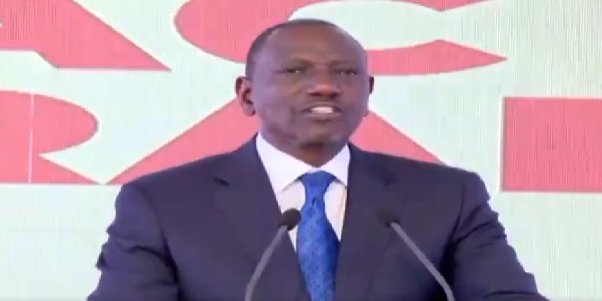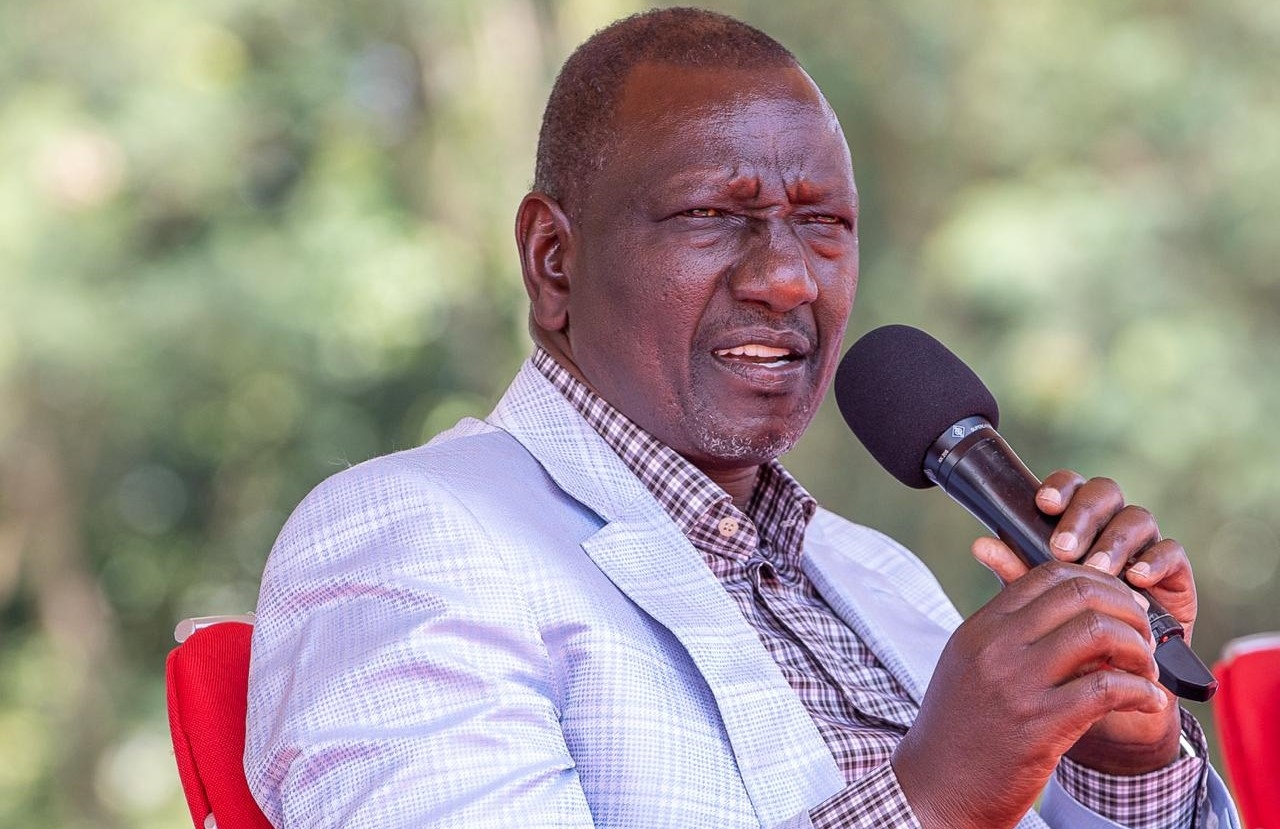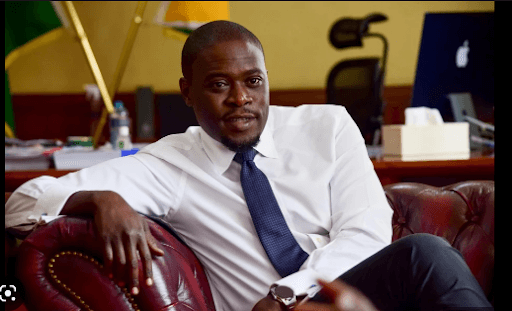

President William Ruto has defended the government’s efforts to expand financial inclusion, saying the Financial Inclusion Fund, popularly known as the Hustler Fund, has opened access to affordable credit for millions of Kenyans.
The President said the fund has disbursed Sh80 billion since its launch in November 2022, reaching individuals and small businesses previously locked out of formal lending.
Ruto said one of the key aims of the fund was to support micro and small enterprises that could not borrow due to being blacklisted by credit reference bureaus.
He noted that in 2022, about 7 million Kenyans, including 3 million micro enterprises, had been listed at the bureaus and were unable to operate.
“The primary approach that we had on micro and small enterprises, in 2022 we had 7 million Kenyans, 3 million of them being micro enterprises who were blacklisted on our credit reference bureaus and they could not undertake business and were completely locked out of their accounts,” he said.
The President said his administration intervened to restore their access to financial services.
He added that lending uptake under the Hustler Fund has continued to grow.
“We took a firm position and negotiated with credit reference bureaus and we redeemed 7 million Kenyans who were blacklisted and gave them a second chance. Today, we have 2 million Kenyans who borrow religiously from the Hustler Fund,” he said.
He also noted that close to 800,000 small businesses now borrow through the fund’s bridge finance product.
Ruto said the fund has enabled ordinary citizens to access credit without traditional collateral such as payslips, title deeds or log books.
“Today, an ordinary citizen without a payslip, title deed, or log book can access up to 150,000 on the Hustler Fund, the only collateral being their credit record,” he said.
Ruto said that, to strengthen market access, Kenya is establishing county aggregation and Industrial Parks in all the 47 counties to support agro-processing, consolidate local value chains, and expand commercial reach for our MSMEs.
“We have also commissioned new special economic zones in
Busia-Nasewa, Naivasha, Eldoret, Kirinyaga, and Dongo Kundu in Mombasa to
attract greater Foreign Direct Investment, stimulate industrialisation, and
expand regional trade,” he said.
The President said that the Affordable Housing Programme, beyond transforming urban areas, has created jobs for young people and ring-fenced billions of shillings for the Jua Kali sector in the manufacture of doors, windows, hinges, and fittings.
To accelerate digital commerce, the President said that the government is building 100,000km of digital superhighway, expanding connectivity and enabling commerce.
He said that public Wi-Fi will reach markets in the village, and digital hubs will be established in each of Kenya’s 1,450 wards.
"Already, 30,000km of the digital superhighway are complete, complemented by national digital literacy training."















